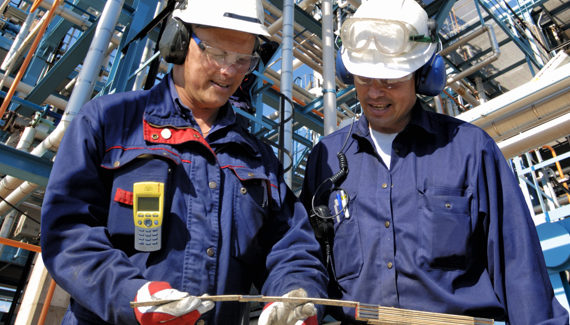Download API RP 1173 Peer-to-Peer Sharing Practices, a guide that provides a structured yet informal environment where industry peers can learn about each other’s best practices and alternatives that may improve their pipeline safety management systems.
One essential element of API RP 1173 is “Incident Investigation, Evaluation, and Lessons Learned.” In this element, operators are required to establish a process to evaluate not only events they have experienced, but also, ones external to their companies.
Operators should use this assessment to gain additional knowledge to improve their processes. While API RP 1173 and these requirements may be fairly new, learning and sharing has occurred in the pipeline industry for many years. However, a recent tool has been developed to further this dissemination of external event sharing. A repository of files, including presentations, spreadsheets, and videos, with valuable information detailing what companies learned from an incident and how they changed their operation to prevent something similar from happening launched in 2016.
These teachings can be invaluable, as other operators can review and similarly, take action to prevent a related occurrence. All of these learnings can be found on API’s PIPES (Pipeline Industry Practical Experience Sharing) Portal . Recognizing the sensitivity of some of the learnings, PIPES is restricted to operators only. However, an industry willing to share and implement an effective Pipeline SMS ensures that increased knowledge is spread throughout and pipeline safety is improved.
Pipeline Operators: Sign in to PIPES
If you are not a pipeline operator but have questions about what the industry is doing to further information sharing, please contact [email protected].
